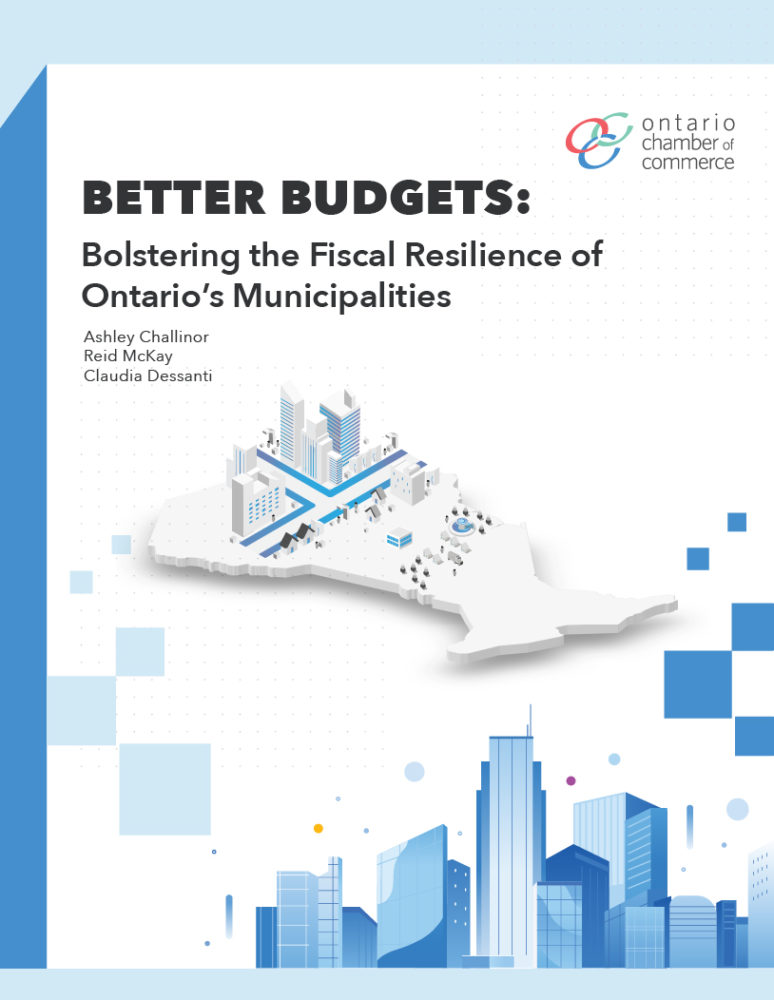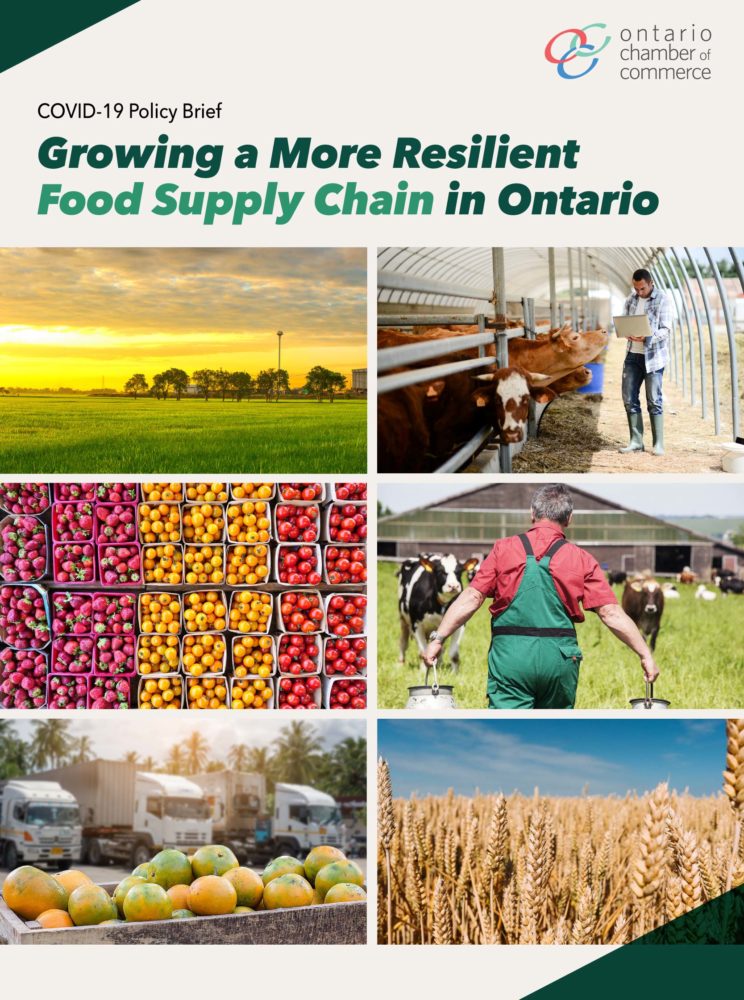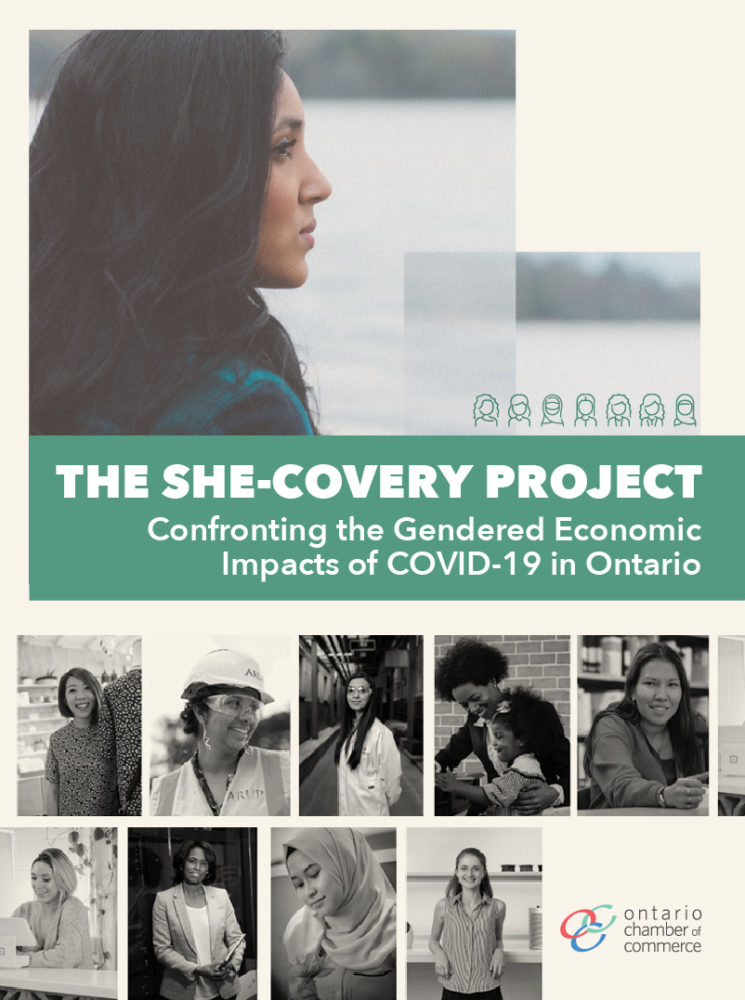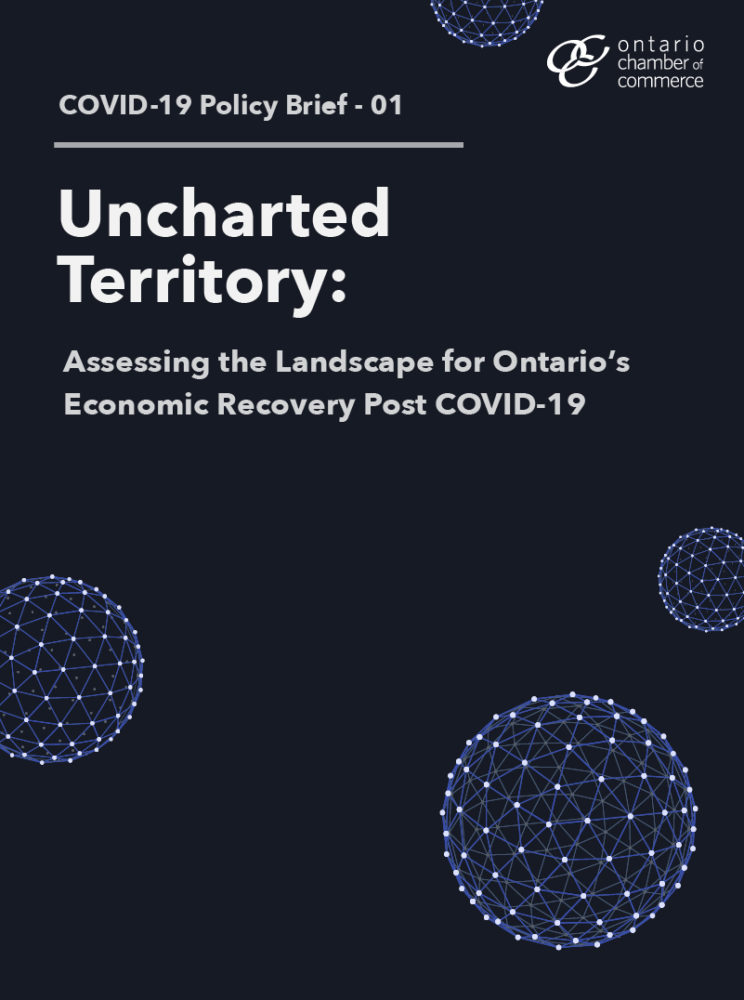COVID-19 Policy Brief Series

Better Budgets: Bolstering the Fiscal Resilience of Ontario’s Municipalities
While COVID-19 has created a uniquely difficult situation for Ontario’s municipalities, it has also exposed areas to improve municipal fiscal governance. Local governments do not have the fiscal autonomy they need to make them competitive and maintaining the status quo could be devastating for communities in a post-COVID economic recovery. The impact of the virus and the resultant public health measures have meant that most municipalities are seeing a decline in revenue and increase in expenditures.
As all levels of government look to balance debt and deficits while protecting the well-being of our communities, Better Budgets: Bolstering the Fiscal Resilience of Ontario’s Municipalities, identifies 14 recommendations for both the Province and municipalities which can bring immediate and long-term relief to communities across Ontario.
Enormous thanks to our partner KPMG Canada and the report’s authors for their collaboration on this important report.

Capital is Key: Financing Entrepreneurship in Ontario After COVID-19
The COVID-19 pandemic is creating a cash flow crisis for many entrepreneurs and small business owners across Ontario who represent 98 percent of all Canadian businesses and contribute close to half the GDP generated by the private sector. Recognizing the critical role of entrepreneurship in Canada’s economic recovery, the Ontario Chamber’s latest report – Capital is Key: Financing Entrepreneurship in Ontario After COVID-19 – offers practical solutions to support small businesses as they fuel Ontario’s economic advantage.
We would like to acknowledge and thank Meridian Credit Union and Innovate Cities for their collaboration on this policy brief.

Growing a More Resilient Food Supply Chain in Ontario | April 2021
With COVID-19, Canada’s food supply chain experienced numerous pressures – ranging from panic buying to temporary shortages at some grocery stores to the shift to e-commerce. This policy brief examines issues that emerged for the food supply chain during the last 12 months as well as longstanding ones that were exacerbated by the pandemic. While the COVID-19 crisis caused the food supply chain to bend, this policy brief explains that the chain did not break. Canada’s food system stabilized relatively quickly and continued to provide consumers with uninterrupted access to food. Since a future public health emergency may emerge, this brief encourages policymakers to prioritize six issues to ensure the agri-food sector is better positioned to withstand future disruptions, as well as support local producers and ensure an equitable recovery.
This policy brief was made possible by support from Beef Farmers of Ontario, Durham College, and the Ontario Federation of Agriculture.

Realizing the Full Potential of Virtual Care in Ontario | December 2020
While telemedicine sites have been in place for decades, virtual care has risen in prominence thanks to the COVID-19 pandemic and implementation of temporary billing codes in Ontario. As in-person medical appointments became less feasible, virtual visits have enabled Ontarians to continue accessing quality care while not exposing themselves to the virus. Given the demand for timely care, the many benefits associated with virtual care, and continued government investment in digital health, virtual care is here to stay.
Recognizing the timeliness of this issue, the Ontario Chamber of Commerce’s (OCC) Health Policy Council has developed recommendations to help the Province realize the full potential of virtual care and ensure it is more accessible, equitable, and widely adopted throughout Ontario’s health care system.

Read The She-Covery Project | September 2020
The COVID-19 crisis is having a disproportionate economic impact on women, with women’s labour participation rate falling to its lowest in 30 years. Existing systemic inequalities have been further exacerbated by recent shut-down measures, resulting in what some economists are calling a “she-cession,” as more women have lost their jobs and fewer women than men are re-gaining employment. As schools begin to reopen, the Ontario Chamber of Commerce releases its latest report, The She-Covery Project: Confronting the Gendered Economic Impacts of COVID-19 in Ontario. This brief lays out a path to Ontario’s “she-covery” by offering practical recommendations to confront both immediate and longer-term challenges.
k

Read Small Business, Big Impact | June 2020

Read Collaboration in Crisis: A memo from COVID-19 | May 2020
Collaboration has been a dominant theme throughout the COVID-19 crisis, both within and across countries. In Ontario, unprecedented alignment between businesses and all levels of government has been instrumental to crafting policy responses and supplying critical products and services.
A
However, this cooperation will be put to the test as communities around the world take steps to reopen their economies and turn towards recovery. While globalization had been in retreat for years prior to the crisis, the brief warns against pulling integration back further and underscores the importance of global ties, particularly for Ontario, where economic growth depends on harmonious global trading relationships and well-functioning international supply chains. Continued collaboration will also be required as provinces begin to ease public health measures at different rates. Managing the interprovincial movement of goods and people will require a renewed commitment to collaboration to avoid jeopardizing the progress already made.
A
Read our report.

Read Uncharted Territory: Assessing the Landscape of Ontario’s Economic Recovery Post COVID-19 | April 2020
A


